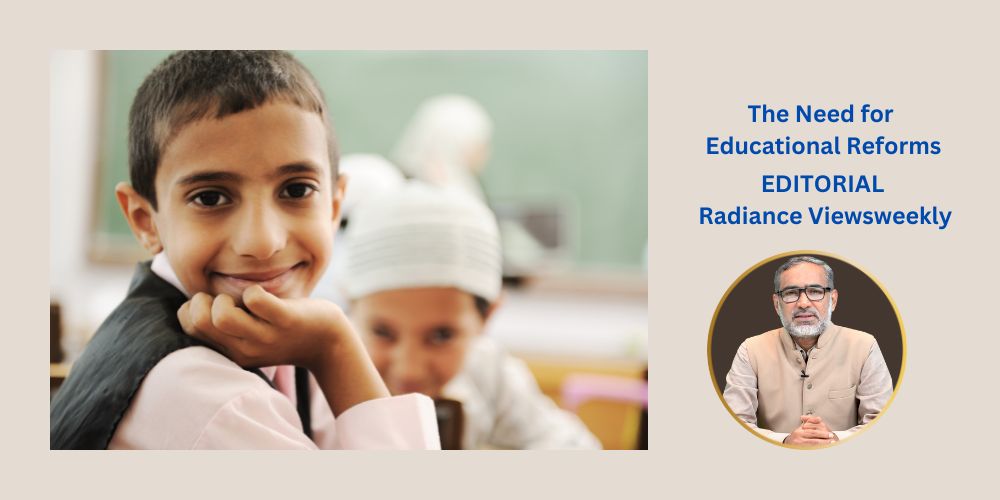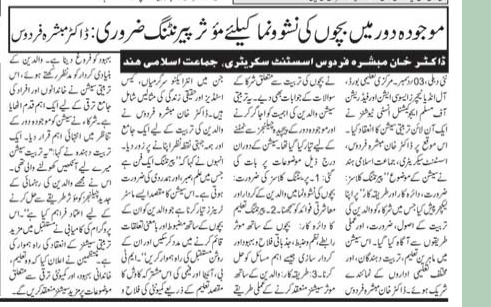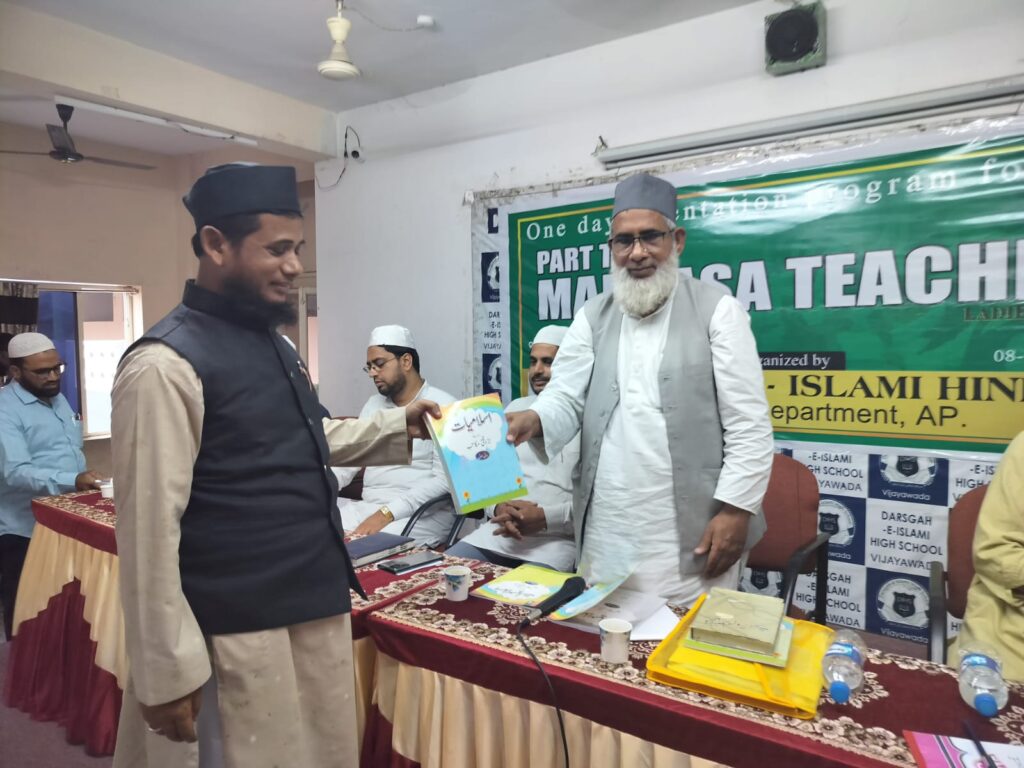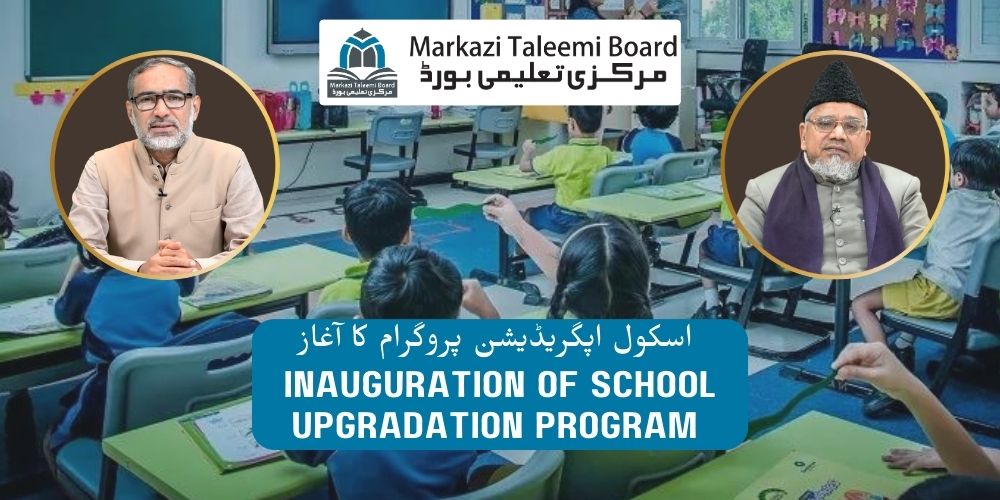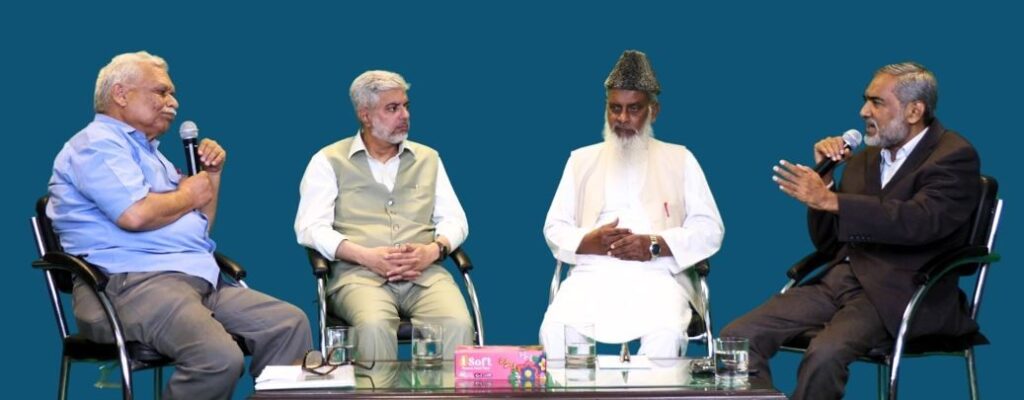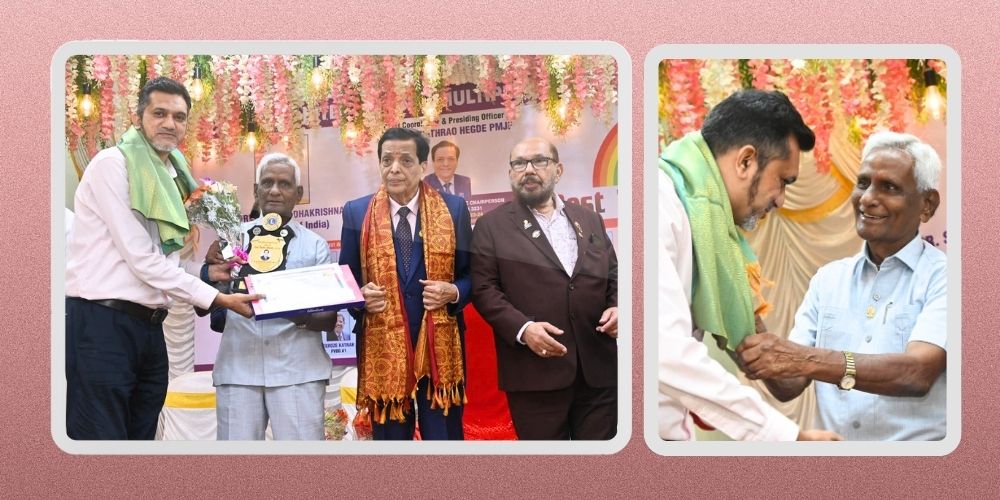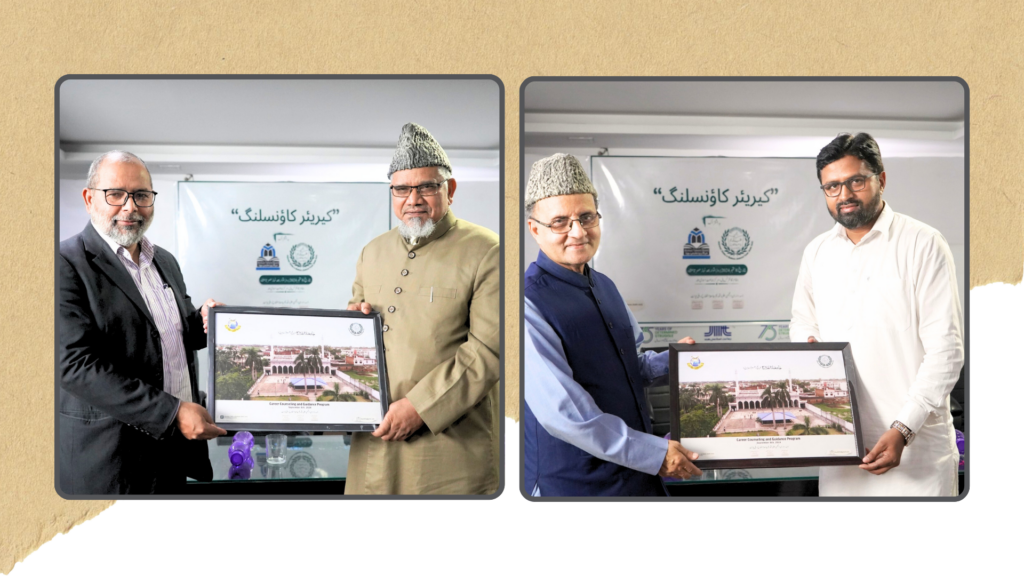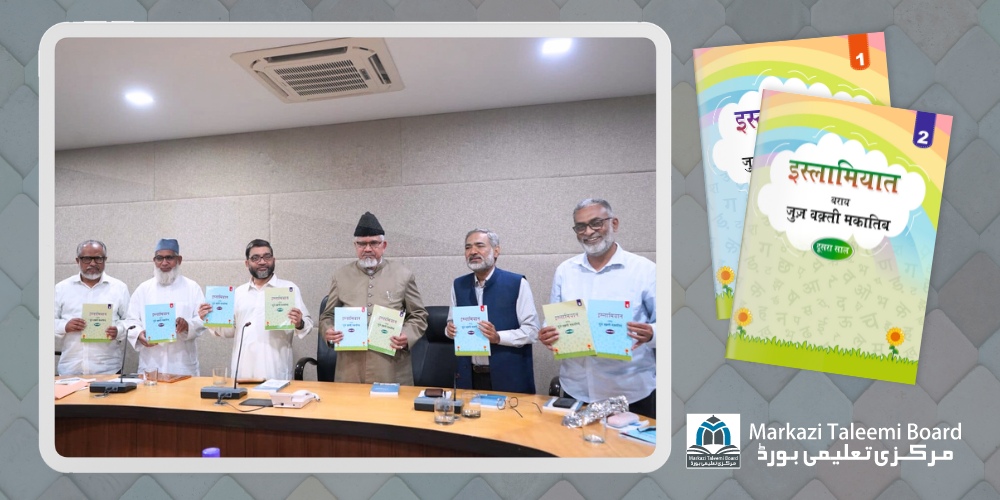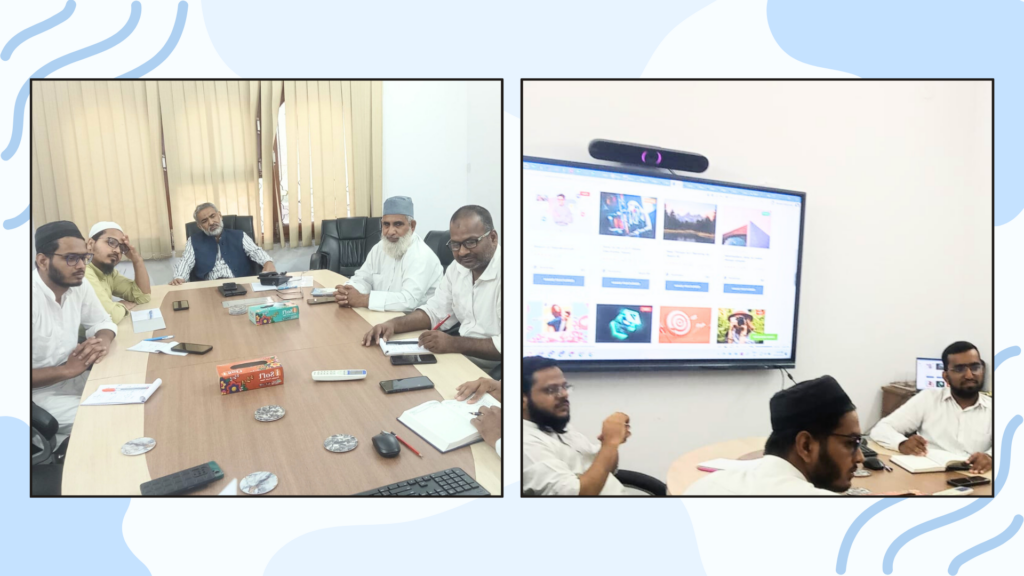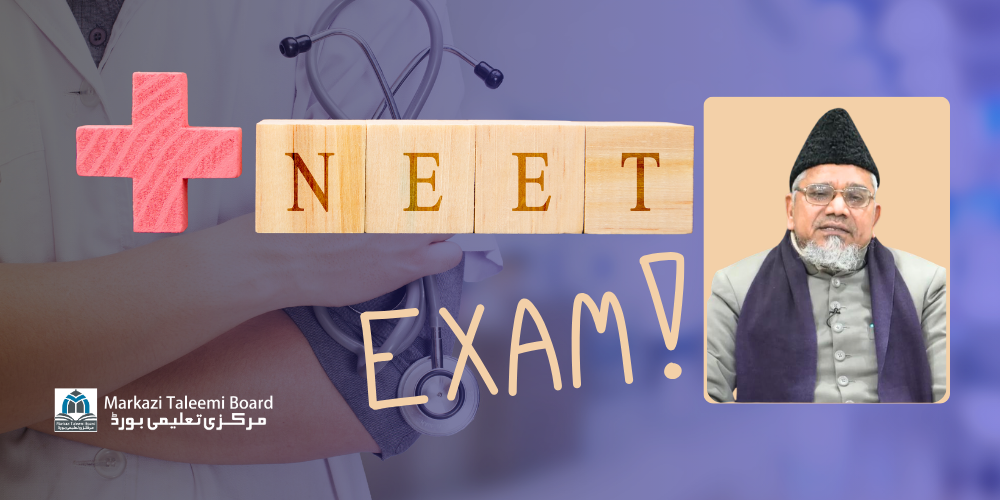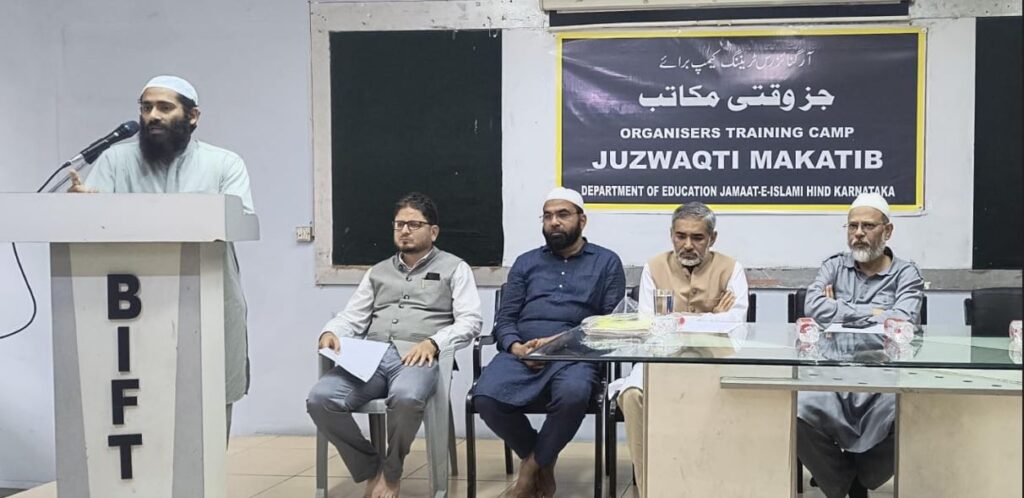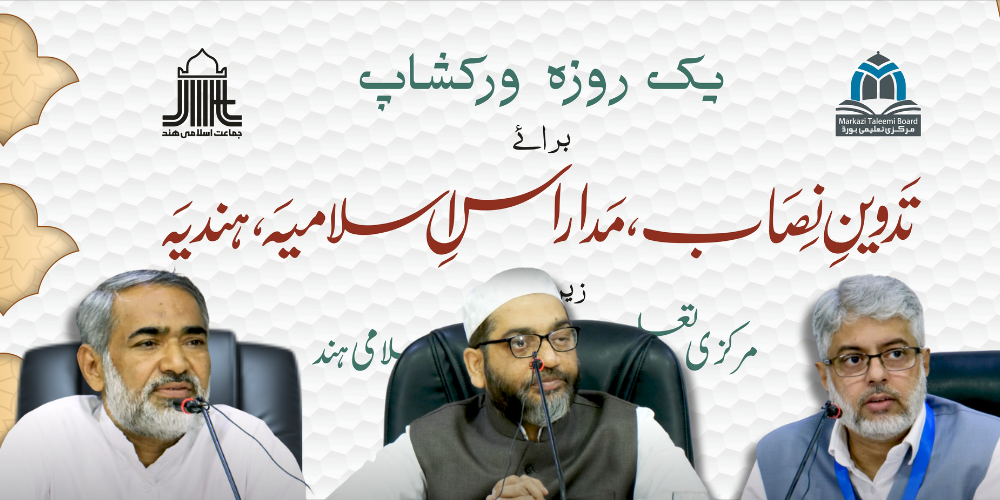EDITORIAL- RADIANCE VIEWSWEEKLY | 15-21 September 2024 | ISSUE NO. 24
The Need for Educational Reforms – BY SYED TANVEER AHMED
It has been over three years since the introduction of the National Education Policy (NEP) 2020. However, our education system has shown minimal progress in designing a framework that can take India forward and make it a global knowledge leader. Despite this, we continue to follow outdated practices such as the traditional 45-minute class period, a rigid syllabus, and archaic classroom management techniques. These were largely introduced during the colonial era and have seen little change, even though the world has moved ahead in educational innovation.
Today, education systems across the globe are evolving rapidly, and policymakers, stakeholders, and society must recognize the need for revolutionary steps to reform our own. The world is now focusing on 21st-century skills, which can be divided into three categories: learning skills (critical thinking, creativity, collaboration, and communication), literacy skills (information, media, and technology literacy), and life skills (flexibility, leadership, initiative, productivity, and social skills). These skills are vital for preparing students for the challenges of the modern world.
Unfortunately, many Indian institutions, including some of the country’s premier ones, have been slow to integrate these essential skills into their curriculum. Our students often lag behind in critical thinking and problem-solving abilities. Addressing our nation’s many challenges, such as social harmony and economic development, will require a generation of young minds equipped with these skills.
One of the key issues India faces today is social division, particularly related to religious and ethnic tensions. If our education system can focus on fostering critical thinking, collaboration, and social skills in students, many of these issues can be addressed more effectively. A strong society begins with well-educated, thoughtful citizens who are equipped to contribute positively to nation-building efforts.
It is essential that educational institutions, particularly those serving minority communities and under- privileged areas, prioritize inculcating these skills in their students. These students need to be empowered to become global citizens who can drive positive change in society. Schools must adopt a holistic approach to education that not only teaches these skills but also ensures students internalize them.
In many underdeveloped regions of India, schools are failing to bring about the necessary social reforms to empower their communities. However, if schools take on the responsibility of transforming their neighborhoods through education, the potential for societal change is immense. By focusing on the holistic development of students and connecting schools with their surrounding communities, we can create a more inclusive, empowered, and skilled society.
To truly revolutionize our education system and realize the goals of NEP 2020, we must adopt a for-
ward-thinking, value-based approach that prepares our students to thrive in the 21st century. This will re-
quire systemic changes, investment in teacher training, and a commitment to continuous improvement in
education. Only then can India emerge as a global leader in knowledge and innovation.
SYED TANVEER AHMED
RADIANCE VIEWSWEEKLY | 15-21 September 2024 | 3
https://radianceweekly.net/the-need-for-educational-reforms/


